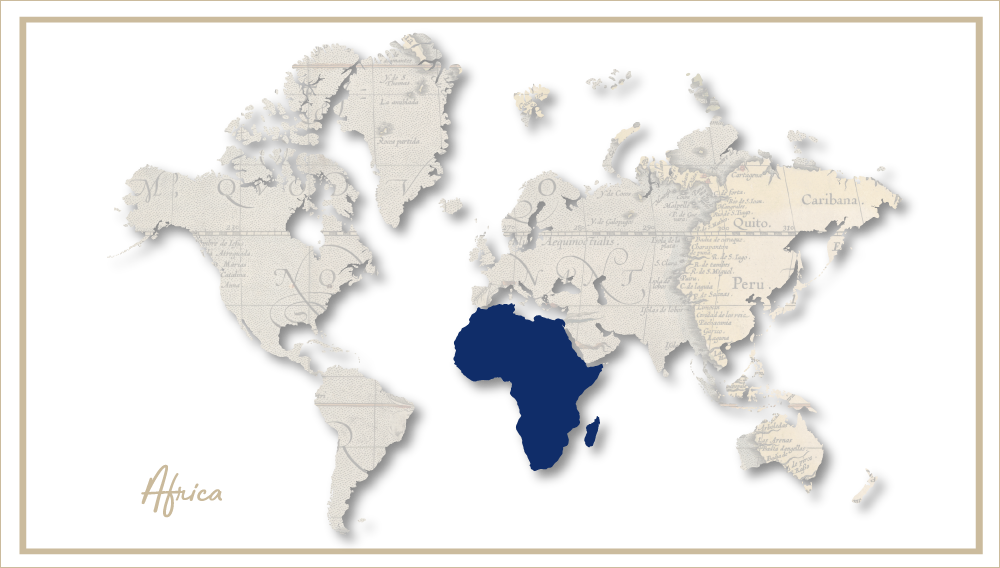Heineken hits market with cheaper priced beer
How to break into Castel’s moat? Well, you undercut its prices. This seems to be Heineken’s strategy in Ivory Coast, where the Dutch brewer opened its first brewery near the capital of Abidjan in November 2016.
Following a decade-long civil war that ended in 2011, the west African country has emerged as the continent’s fastest growing economy, according to the International Monetary Fund. Consequently, beer consumption has gone up in the cocoa producing country of 23 million people.
Together with its partner CFAO, a trading firm, Heineken has invested USD 162 million to build a 1.6 million hl brewery.
Thanks to its local monopoly, the privately-owned French Castel Group produces the majority of the 2.7 million hl of beer consumed annually in Ivory Coast. Apart from its Castel, Flag and Solibra Bock brands, it also brews other brands under licence such as Diageo’s Guinness and Carlsberg’s Tuborg.
But Heineken wants to take the crown away from Castel. And it is willing to forgo some profits. Heineken’s local brand will retail at CFA 500 (USD 0.81) for a 600 ml bottle, a popular serve. Reports say this is lower than what Castel charges for its brands.
However, at such a price, Heineken could soon conquer a sizeable market share and write a success story to relay to its investors.
Heineken’s conquest plans for Ivory Coast imitate those it adopted for South Africa which it entered in 2010, after terminating its licensing agreement with SABMiller for the Amstel brand. To observers’ consternation, Heineken chose to mainstream the previously premium-priced Amstel. This move may have harmed the brand in the long term, which enjoyed an eight percent market share as a premium beer, but it allowed Heineken to quickly control ten percent of the market. And this is what investors wanted to hear after all.

